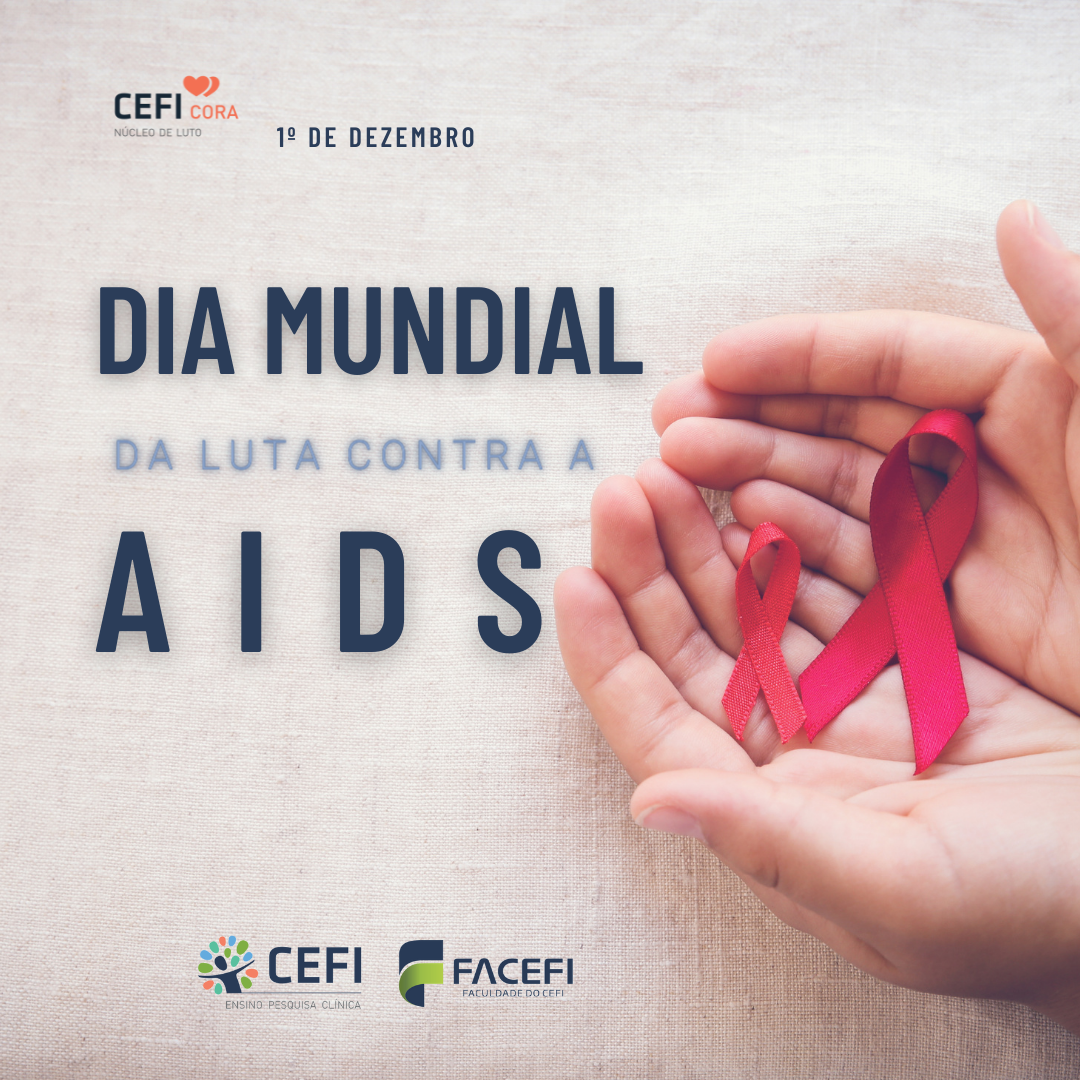World AIDS Day Day

On July 7, 1990 Brazilian music lost one of its main poets, Cazuza. Already on November 24, 1991, it was the rock world that came in mourning, because Frazed Freddie Mercury, vocalist of the queen band. The two possessed in common the scenery of the artistic world with many fans. However, this did not prevent them from misfortune, contagion by HIV virus that led them to acquired immunodeficiency syndrome (AIDS). In the 1980s and ninety little one knew about disease and, consequently, treatments were almost ineffective. Thus, many families have experienced anticipatory mourning to see their loved one suffering recurring infections, leading to numerous losses, one of them being the quality of life of the carrier with the evolution of the HIV virus and, finally, death.
But today the scenario has first changed with contagion prevention campaigns by the virus, which promotes population awareness, because little is still known about healing. Second, if you have the evolution of treatment with the use of antiretroviral medications, which make it impossible to multiply the virus in the body, strengthening the immune system and combating the disease. Thus, this disease, which in past decades represented a death sentence by being discovered by the individual, has become over the years, and with the advancement of medicine, a controllable chronic disease. Thus, its patients allowed to enjoy a greater quality of life, managing to live with the virus and have a relatively normal life, working, marrying and having children.
In Brazil, according to the epidemiological bulletin of the Health Surveillance Secretariat of the December 2020 Ministry of Health of 2020, 1,011,617 AIDS cases were identified in the country between the years 1980 to June 2020. Between 2015 to 2020, there was an annual registration on average of 39 thousand new cases of AIDS. But the number has been declining since 2013, where 43,368 cases were observed and in 2019 37.308 cases were recorded. Another point that suffered modifications, through campaigns carried out by the Ministry of Health, was discrimination and prejudice related to the HIV virus that were stigmatized, such as the LGBT community. However, as is known, the HIV virus can reach anyone, regardless of their sexual orientation. So men or women, whether they are heterosexual, homosexual and bisexuals at the risk of contracting the virus.
It is important to stress, that there are many seropositive ones who are living with the disease, without developing it and presenting symptoms, for this reason, can transmit the virus to other individuals. Because of this fact, it becomes a fundamental importance to carry out the test for HIV detection, with the precaution and adherence to treatment, if it is positive.
In this sense, care of health itself goes beyond individual concern, because when taking care of you, also take care of the other. Something that the pandemic of Covid-19 brought very clearly: we are, responsible, for what happens to those who are next to us and more, the community as a whole. We need to understand that self-care, and care for others are acts of respect and love.
Text written by the psychologist and member of the Core Core, Marivone Lucas (CRP: 07/25261).

